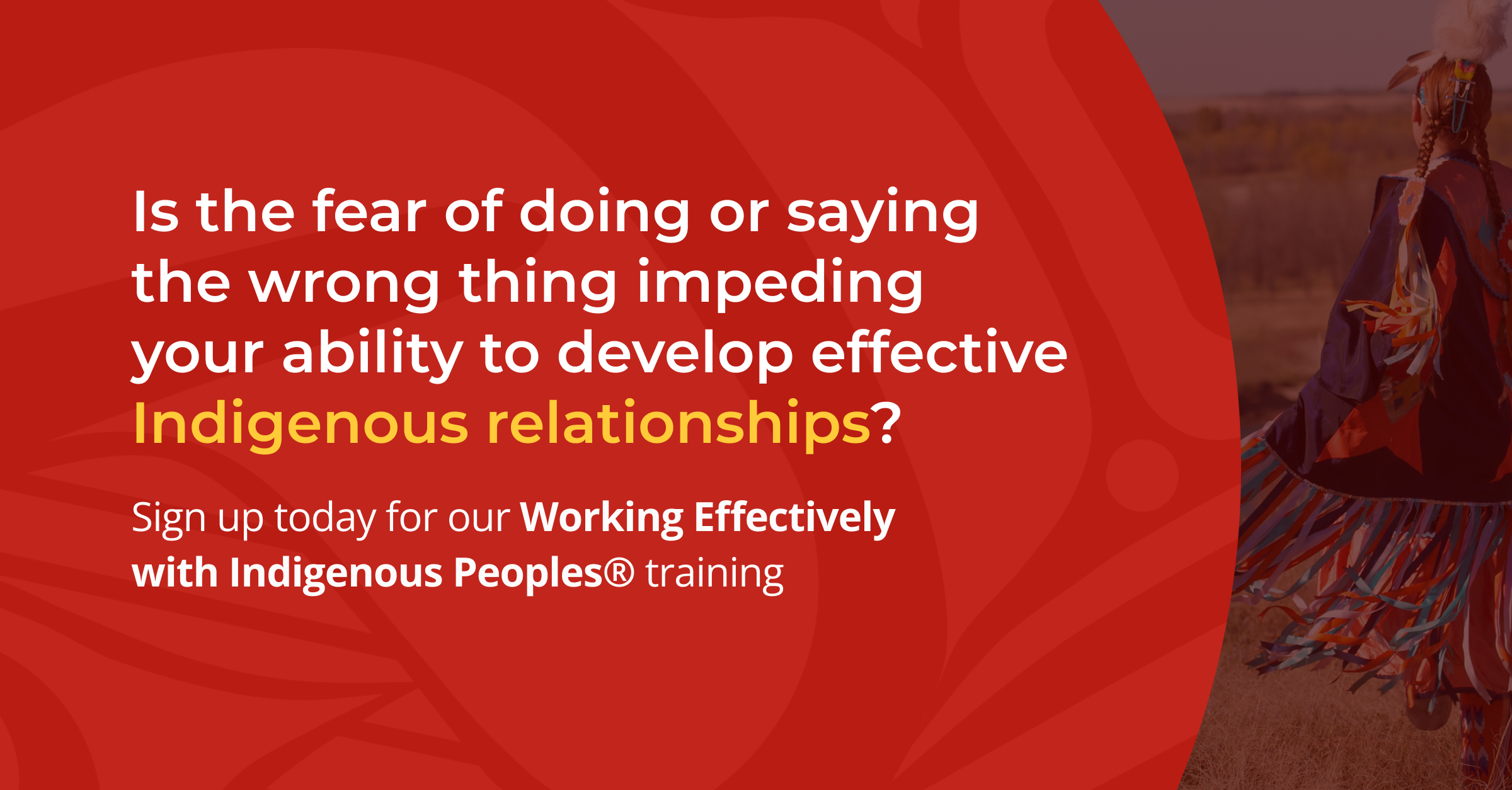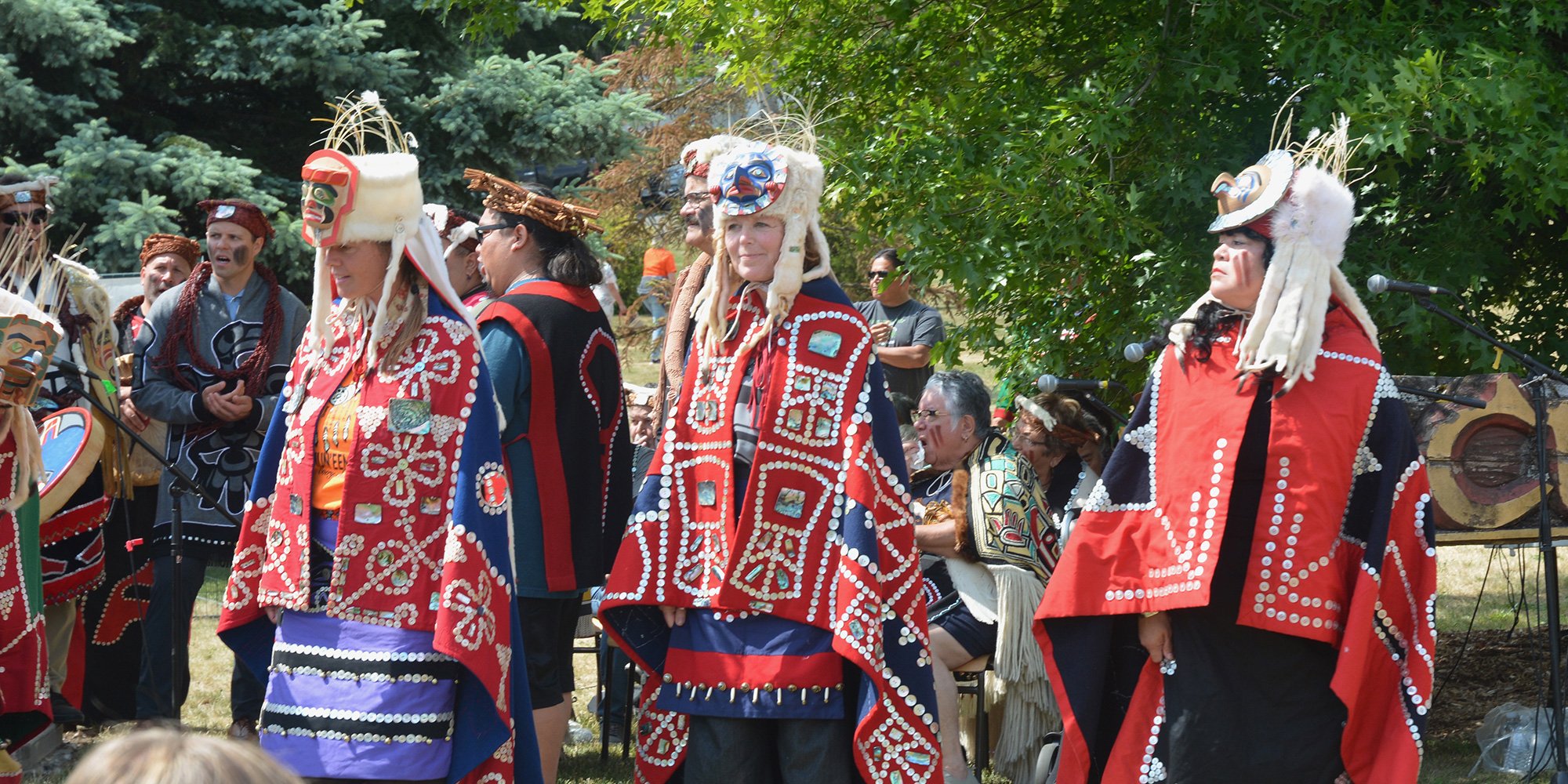There’s a growing interest in Indigenous cultural competency in Canada and it’s very heartening to witness this change in attitude in government, the corporate sector and in the general public. I am certainly seeing it reflected in the wide diversity of clients seeking cultural competency training for their organizations. My client base was formerly composed of a few core sectors but no more. I am really enjoying the opportunity to meet people from many walks of life but who share a common interest of wanting to learn more about Indigenous Peoples in Canada.
We were curious to see if there was a sort of litmus test available for people to measure their Indigenous cultural competency. We didn’t find one so we decided to create one. The questions that follow are intended to encourage reflection, and hopefully, meaningful discussion with colleagues, friends and family.
The questions are in two parts - the first part contains general questions while the second part has questions tailored to specific professions.
Part 1
Ask yourself these questions:
- Do you understand the generational impact of residential schools?
- Have you read the Truth and Reconciliation Commission's 94 Calls-to-Action?
- Do you understand the significance of the current prime minister saying he seeks to strengthen the nation-to-nation relationship with Indigenous Peoples?
- How do you react to uncivil dialogue?
- How do you react to stereotypical imagery and statements?
- Do you, intentionally or otherwise, use colloquialisms?
- Do you recognize and understand the impact of cultural appropriation?
- What do you know about the history, culture, worldviews and challenges of the Indigenous Peoples of the area in which you live/work?
- Do you understand the difference between empathy and sympathy?
Part 2
If you are a teacher of Indigenous students do you:
- Understand that the impact of residential schools is ongoing?
- Assume all Indigenous students share a common culture?
- Understand why families of Indigenous students may not be comfortable meeting with you in the school building?
- Create a culturally inclusive environment for Indigenous students in your classroom?
If you work for local government do you:
- Have a working knowledge of the Indigenous groups in your region?
- Have a reconciliation strategy?
- Look for ways to bring local Indigenous culture and art into government buildings and spaces?
- Respect that Euro-centric place names are an intrusion to the history of the region’s Indigenous population?
- Know the history of why there is no formal relationship with local Indigenous communities?
If you are a human resources manager do you:
- Understand the value of a diverse workforce that includes Indigenous people?
- Know the attitude of your organization towards Indigenous people?
- Understand Indigenous culture well enough to respect the need for a cultural leave strategy?
- Understand the value of a buddy or mentoring program for Indigenous workers?
If you are an Indigenous relations consultant do you:
- Have a high level of comfort when engaging with Indigenous Peoples and communities?
- Understand the history, culture, worldviews and challenges of each community you want to work with?
- Respect that your project needs are less important to community leaders than the needs of their community?
- Respect that community leaders take into consideration the Seventh Generation principle when making decisions on development projects?
If you work in retail do you:
- Treat Indigenous shoppers with the same respect you treat others?
- Understand that Indigenous shoppers may be intimidated/shy so may not ask for assistance?
- Make assumptions at the till about taxes?
- Understand that there may be less eye contact from Indigenous customers?
If you work in health care do you:
- Make an assumption about an Indigenous patient prior to engaging with them?
- Treat Indigenous patients with the same care and respect you treat non-Indigenous patients?
- Understand the culture of the intake area you work in?
- Understand that adopting an authoritative approach when asking questions will not produce the answers you need in order to provide care for your Indigenous patients?
For those who would like to increase their Indigenous cultural competency, our Working Effectively with Indigenous Peoples® training is a great place to start.
Featured photo: Pexels




